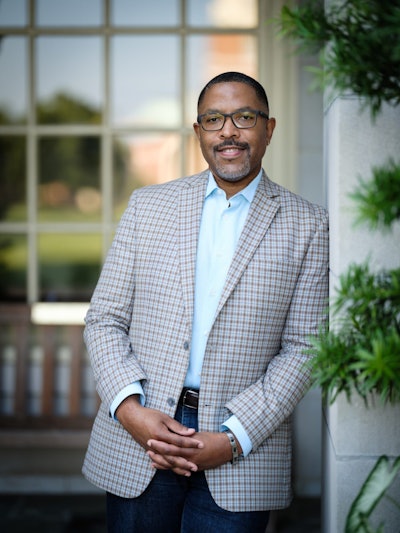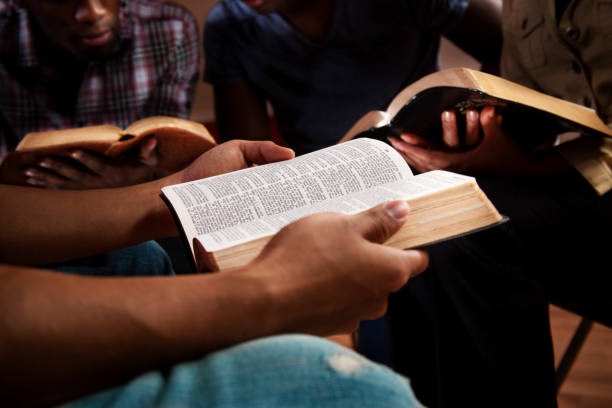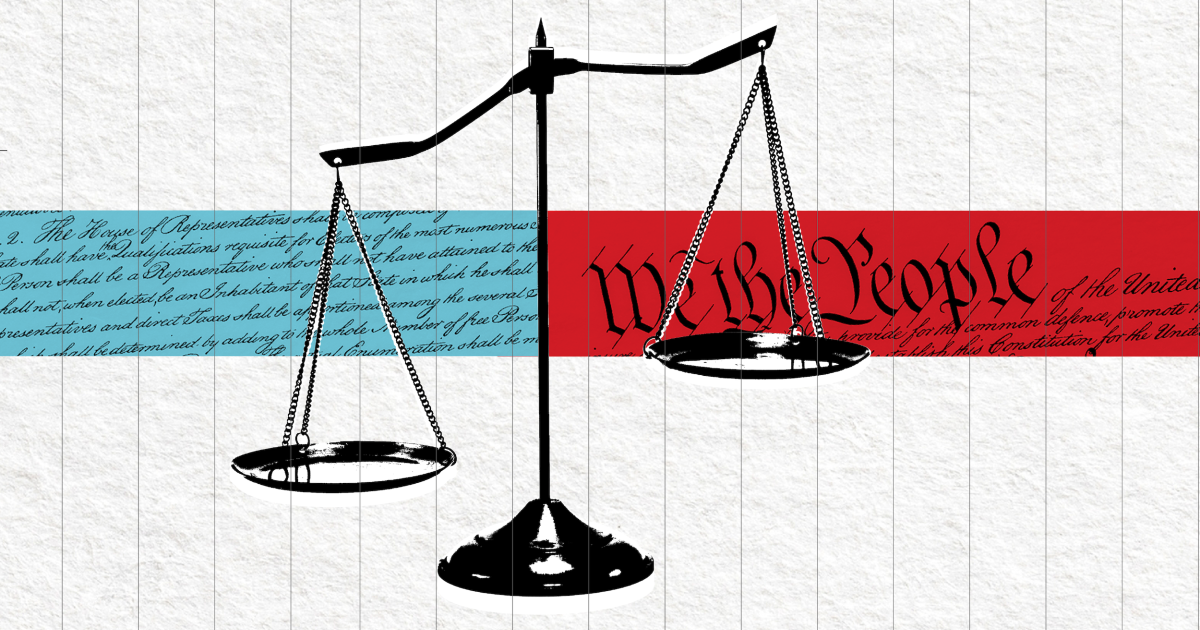In a July 7 court filing, the Internal Revenue Service (IRS) announced that churches can now endorse political candidates without losing their tax-exempt status. This news follows over seven decades since the Johnson Amendment, a U.S. tax code provision that prohibited non-profit organizations and churches from intervening in political campaigns.
Religion, American public life, and Black church studies scholars argue that this moment marks a significant erosion of the separation of church and state.
Since 1954, only one house of worship has lost its tax-exempt status for violating this amendment.
“The law has not changed, but the interpretation has,” says Dr. Corey D.B. Walker, Dean of Wake Forest University’s School of Divinity and a professor of the humanities. “What the IRS has said is that they’re not going to bring any cases for churches violating the Johnson Amendment.”
According to Cooper, “conservative churches, particularly, white evangelicals, have been after this for years, if not decades,” she says in an interview with Diverse. “There are hot-button issues, and they’ve distributed information doing everything short of endorsements.”
The issue has caught the attention of civil rights leaders like the Reverend Al Sharpton who said that the issue has to be studied carefully to ensure that “it does not create a double-edged sword.” Dr. Corey D.B. Walker
Dr. Corey D.B. Walker
“We cannot have a system in which right-wing congregations may endorse political candidates and others of a different political persuasion remain under scrutiny and lead to a situation that is not beneficial to all,” says Sharpton, the founder and president of National Action Network (NAN).
Sharpton, and NAN’s Board Chairman Reverend Dr. W. Franklyn Richardson, have convened a Zoom call with Black pastors and legal experts to explore the pros and cons of the decision
Scholars of African American religion and religion in American public life have been tracking this movement for decades as well, says Walker.
“That danger the founders of the nation saw, that’s also the danger that we saw,” he says. “One of the real and understated issues that this new interpretation brings is that partisan political actors can now fund whatever limit they want into religious bodies to then instill and support particular political ideologies and projects, and that’s the danger of continually eroding the line between church and state.”
Cooper, who was the first African American woman to earn tenure at Duke Divinity School in 2014, examines the ways religion does or does not impact other existing structures, like racism or inequality.
“I’m not just a religious scholar,” she adds. “I’m a religious person, and so I’m concerned about what appears to be a kind of political intervention.”
Cooper says this kind of engagement could end with churches compromising their principles for political reasons.
“Almost exactly a year before his assassination, Martin Luther King Jr. gives us a speech/sermon where he comes out against the Vietnam War, and many people in the Civil Rights Movement were horrified by this choice, because Johnson had been such an ally,” she says. “But King really felt that it was his obligation to speak prophetically and according to his faith, not according to what was maybe even wise political policy.”
Cooper questions how this new development might impact church leaders’ ability to speak prophetically in the present day.
“What does that mean? Does that mean that the pastor is then no longer free to speak, even to call out the candidate, if he or she stops doing what is in the interest of the church,” she asks.
Walker says that he is concerned about making absolute claims on public life that bypass shared beliefs, languages, and common frameworks.
“So, the question becomes, what is the Court of Appeal when individuals are discriminated against, such as our LGBTQ brothers and sisters, or when individuals find themselves without funding for public schools because public school funding has been funneled into private religious schools,” he says. “What happens when you have reproductive rights no longer supported because reproductive rights are seen as anathema to God?”
Walker adds that this development blurs the lines between churches and families.
“Churches, congregations, religious bodies and worship are not the same as families discussing politics,” he says. “Families belong in the private sphere, so the idea that a worship service and a sermon are the same as a family in their living room discussing politics begs the question, what logic is operative at this moment?”
Cooper believes that this intervention on churches will impact everyone, even those who fought to remove the restrictions of the Johnson Amendment.
“If people begin winning elections at the cost of the health and vitality of churches, we have not won anything,” she says.


